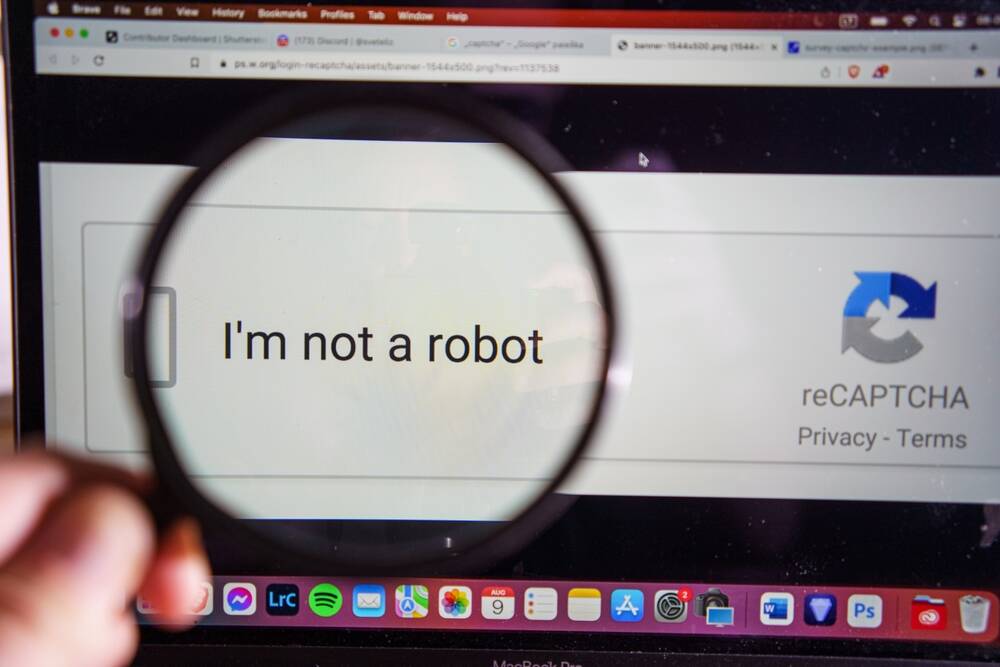- cross-posted to:
- [email protected]
- cybersecurity
- cross-posted to:
- [email protected]
- cybersecurity
Research Findings:
- reCAPTCHA v2 is not effective in preventing bots and fraud, despite its intended purpose
- reCAPTCHA v2 can be defeated by bots 70-100% of the time
- reCAPTCHA v3, the latest version, is also vulnerable to attacks and has been beaten 97% of the time
- reCAPTCHA interactions impose a significant cost on users, with an estimated 819 million hours of human time spent on reCAPTCHA over 13 years, which corresponds to at least $6.1 billion USD in wages
- Google has potentially profited $888 billion from cookies [created by reCAPTCHA sessions] and $8.75–32.3 billion per each sale of their total labeled data set
- Google should bear the cost of detecting bots, rather than shifting it to users
“The conclusion can be extended that the true purpose of reCAPTCHA v2 is a free image-labeling labor and tracking cookie farm for advertising and data profit masquerading as a security service,” the paper declares.
In a statement provided to The Register after this story was filed, a Google spokesperson said: “reCAPTCHA user data is not used for any other purpose than to improve the reCAPTCHA service, which the terms of service make clear. Further, a majority of our user base have moved to reCAPTCHA v3, which improves fraud detection with invisible scoring. Even if a site were still on the previous generation of the product, reCAPTCHA v2 visual challenge images are all pre-labeled and user input plays no role in image labeling.”



Well duh.
reCAPTCHA started out as a clever way to improve the quality of OCRing books for Distributed Proofreaders / Project Gutenberg. You know, giving to the community, improving access to public-domain texts. Then Google acquired them. Text CAPTCHAs got phased out. No more of that stuff, just computer vision rubbish to improve Google’s own AI models and services.
If they had continued to depend on tasks that directly help community, Google would at least have had to constantly make sure the community’s concerns are met. But if they only have to answer to themselves for the quality of the data and nobody else even gets to see it, well, of course it turned into yet another mildly neglected Google project.
Google kept the text version for five years after the acquisition though. They used it to digitize books on Google Books, to allow full-text search of their book archive.